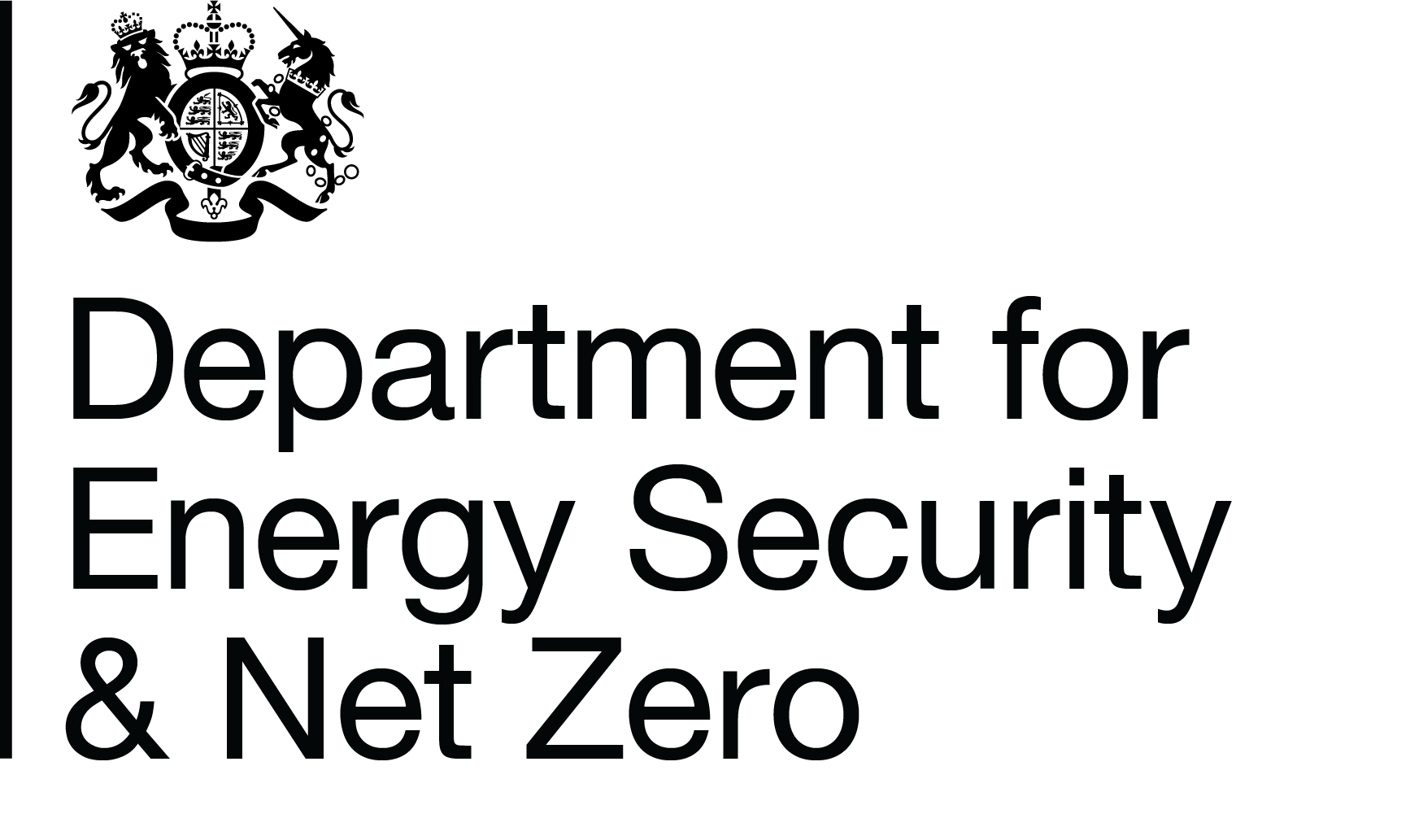Independent Review of the Sharing Economy - Call for Evidence
Overview

Debbie Wosskow, CEO of Love Home Swap
I am leading an independent review of the sharing economy for the UK Government.
The sharing economy is a new set of business models, driven by technologies that are making it easier for people to share their property, time and skills.
Examples include:
- property sharing - services such as airbnb, OneFineStay and HouseTrip that connect people with spare rooms to people that need somewhere to stay
- time and skill sharing - from services that allow you to 'outsource' errands (eg weekly shopping trips or cleaning your house) such as TaskRabbit, through to services such as the Economy of Hours where you can trade an hour of your time for an hour of someone else's
- shared transport - including car journey-sharing (eg BlaBlaCar), city cycle schemes (eg Barclays Cycle Hire) and car clubs (eg Zipcar and City Car Club)
- personal items - services such as Rentmyitems.com and Street Club that help people share their items such as power tools
The Government has asked me to review this exciting and growing area. Over the next few months I will be exploring the social and economic potential of the sharing economy in the UK, and making recommendations on how this potential can be reached. I will also be considering any risks to consumers, or established businesses outside the sharing economy.
I am keen to hear a wide range of views to feed into my review, including from users (and potential users) of sharing economy services, businesses operating in the sharing economy, and established businesses that are not part of the sharing economy.
If you have additional evidence, there is an opportunity to upload documents (such as Word Documents or PDFs) at the end of the survey.
I look forward to hearing your views.
Debbie Wosskow
Audiences
- SMEs (small and medium businesses)
- Large businesses (over 250 staff)
- Multinational businesses
- Medium business (50 to 250 staff)
- Micro business (up to 9 staff)
- Small business (10 to 49 staff)
- Consumer organisations
- Consumers
Interests
- Economic growth
- Starting a business
- Consumer rights
- Workplace rights

Share
Share on Twitter Share on Facebook